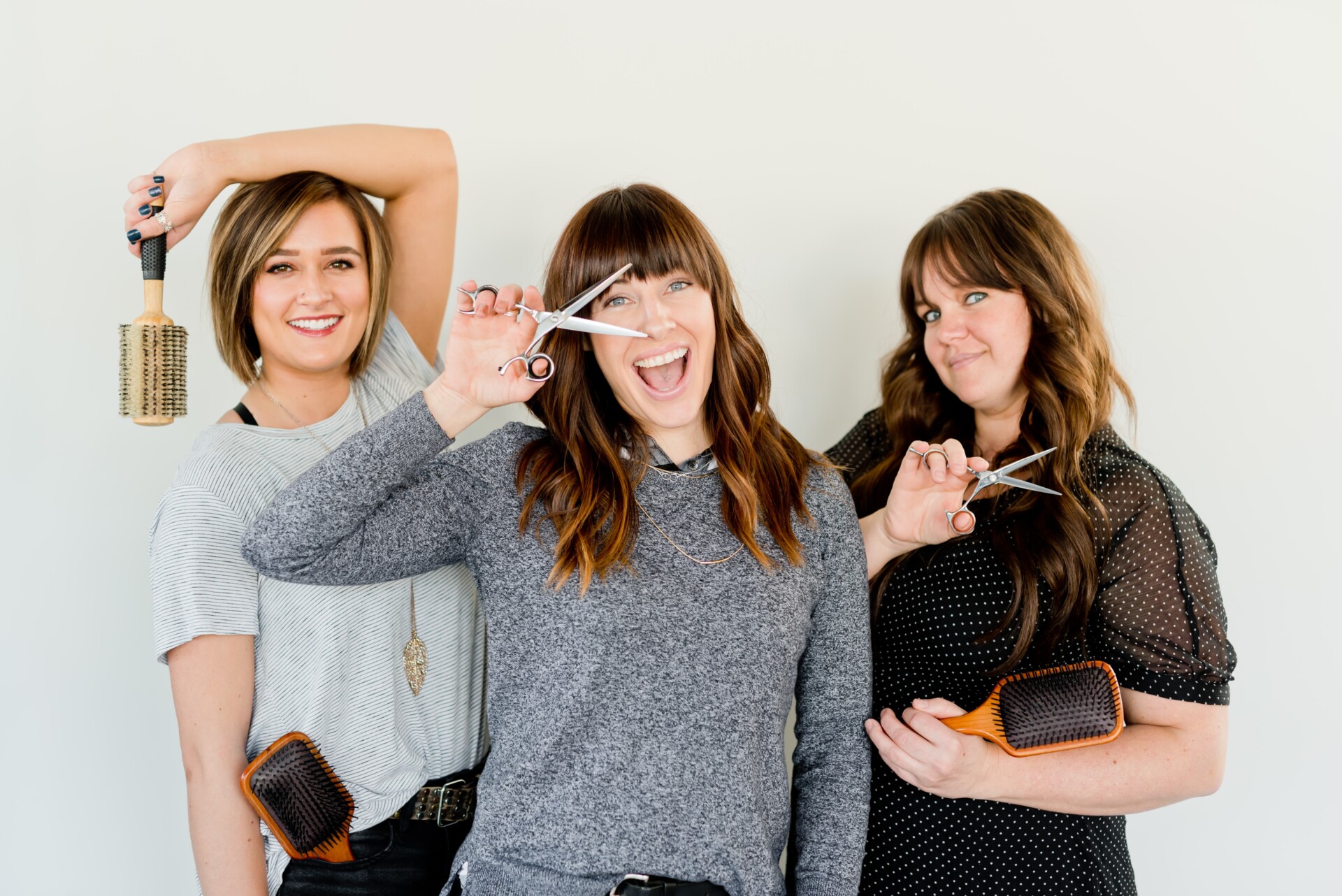More than half of Brits say they’re most loyal to their favourite hair salon over any other business, according to new research which coincides with the reopening of hairdressers across the UK.
When compared to a range of other businesses – including supermarkets, retailers, gyms and service providers – 50% said they’re ‘very loyal’ to the person who trims their locks and have stayed with their hairdresser for years.

Only 39% of customers said they felt the same towards their favourite supermarket, preferring to shop at a couple of different places. This figure drops to 36% for service suppliers, including mobile phone, broadband, TV, car insurance, breakdown cover, home insurance, utility and bank providers, 24% for clothing retailers and 22% for gyms.
According to the research from Esendex, which looked at the extent of loyalty and retention in 2021, 47% of customers could be enticed elsewhere if they discovered a better deal at a competitor business. One in five (21%) are also very likely to ‘make the switch’ if they hear good things about another company, through word of mouth.
Amy Robinson, senior brand development manager at Esendex, comments: “When customers go to their barber or salon, it’s often for more than a quick haircut – they enjoy the whole experience, which can often include chatting to their hairdresser. Some hair appointments could take up to a couple of hours, so it’s no wonder that customers develop a close connection and sense of loyalty to the person who cuts their hair and look forward to the next time they get to catch up.
“With hairdressers, customers feel like more than just a number – it’s a complete personalised off-the-cuff experience as no two appointments will be exactly the same. Other businesses can learn a lot from this model, by ensuring that they offer as much of a bespoke service as possible, and by identifying any areas of improvement when it comes to increasing customer satisfaction, loyalty and ultimately retention.”
Customers were also asked how often they deem it acceptable for businesses to communicate with them; 21% said an email or text once a day would be generally acceptable, though one in three prefers no more than two messages a week.
When it comes to the type of messages, 84% said they’re happy to receive communications that enable them to book or cancel their own appointments; 71% value customer service/service updates, while 65% said it’s fine to be contacted to fill out a customer satisfaction survey.
For a full look at the research, see here.
